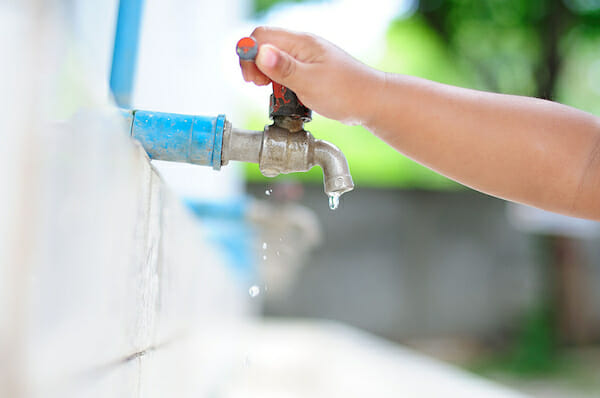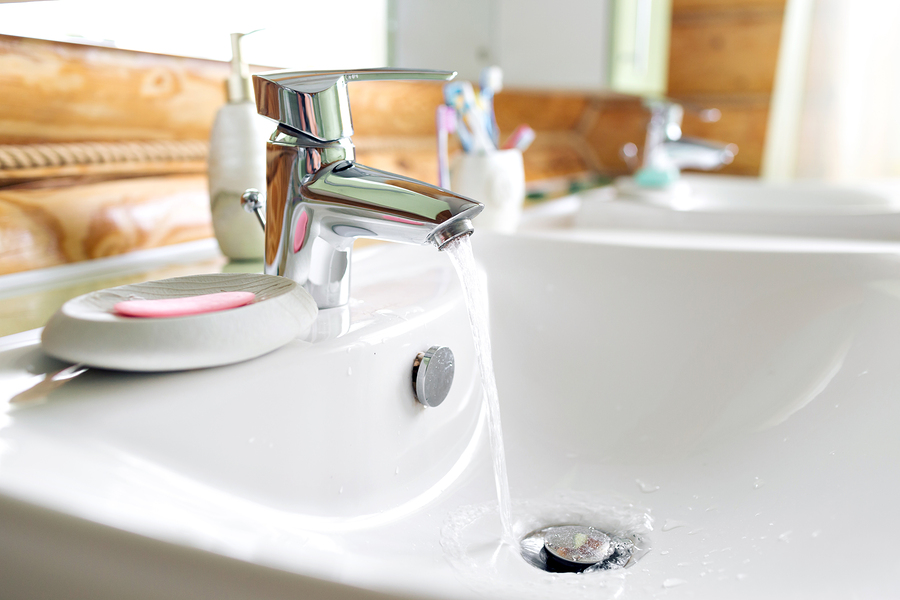
How to Conserve Water in Gardens: Essential Tips for Tech Enthusiasts
Share
For tech professionals and enthusiasts, the art of gardening might seem like an analog activity in a digital world. However, there's a fascinating synergy between technology and nature, especially when it comes to efficient water conservation. In this article, we will explore how to conserve water in gardens, marrying the best of tech innovations with natures demands. As global water scarcity becomes an increasingly pressing issue, integrating tech-savvy methods into our gardening practices is not just wise, but essential.

Understanding the Importance of Water Conservation
Water conservation is a critical component of sustainable living. It's not only about reducing water bills or being environmentally conscious; it's about ensuring that future generations have access to clean and safe water. For tech enthusiasts, this means leveraging the latest in smart technology to optimize water usage in gardens.
By utilizing smart irrigation systems, IoT sensors, and data analytics, gardeners can significantly reduce water waste. For instance, employing soil moisture sensors can provide real-time data on soil hydration levels, allowing for precise irrigation that prevents over-watering or under-watering. This approach not only conserves water but also promotes healthier plant growth.
Leveraging Technology for Efficient Irrigation
The integration of smart irrigation systems is revolutionizing how we conserve water in gardens. These systems use weather data and soil moisture levels to determine the best times to water plants, ensuring that gardens receive the optimal amount of water. Such systems can be programmed to operate only when necessary, significantly reducing water usage.
Furthermore, by connecting these systems to a smartphone or computer, tech-savvy gardeners can monitor and adjust their garden's watering schedule remotely. This not only saves water but also provides convenience and peace of mind, knowing that your garden is being cared for even when you're away.
Smart Sensors and Data Analytics
Using smart sensors and data analytics is another powerful way to conserve water. Sensors placed in the garden can collect data on soil moisture, temperature, and even plant health. This data can then be analyzed to optimize watering schedules and identify any potential issues before they become serious problems.
For example, if the sensors detect that a particular area of the garden is consistently drier than others, it may indicate an issue with the irrigation system. By addressing these issues promptly, gardeners can prevent water wastage and ensure that all plants receive the appropriate amount of hydration.
Eco-Friendly Gardening Tips for Tech Enthusiasts
Apart from technology, there are several eco-friendly practices that can complement your tech-driven water conservation efforts. Mulching, for instance, is an effective way to retain soil moisture and reduce evaporation. Similarly, choosing drought-resistant plants can significantly lower water requirements, making your garden more sustainable.
Another practical tip is to harvest rainwater. By installing rain barrels or a rainwater catchment system, you can collect and store rainwater for use during dry spells. This not only conserves municipal water but also provides a natural and chemical-free water source for your garden.
Integrating Technology with Traditional Practices
By integrating traditional gardening practices with modern technology, tech enthusiasts can create a garden that is both efficient and environmentally friendly. For example, using a combination of smart irrigation systems and natural mulching can enhance water conservation efforts while promoting healthier plant growth.
Additionally, utilizing native plants that are well-suited to the local climate can reduce the need for excessive watering and maintenance. Native plants are typically more resistant to local pests and diseases, reducing the need for chemical interventions and further supporting sustainable gardening practices.

FAQs
How can technology help in water conservation?
Technology aids water conservation by providing tools such as smart irrigation systems and sensors that optimize water use based on real-time data.
What are some eco-friendly gardening practices?
Eco-friendly practices include mulching, using drought-resistant plants, harvesting rainwater, and integrating technology with traditional gardening methods.
Why is water conservation important in gardening?
Water conservation is crucial for sustainable gardening, ensuring that plants thrive with minimal water waste and protecting resources for future generations.
